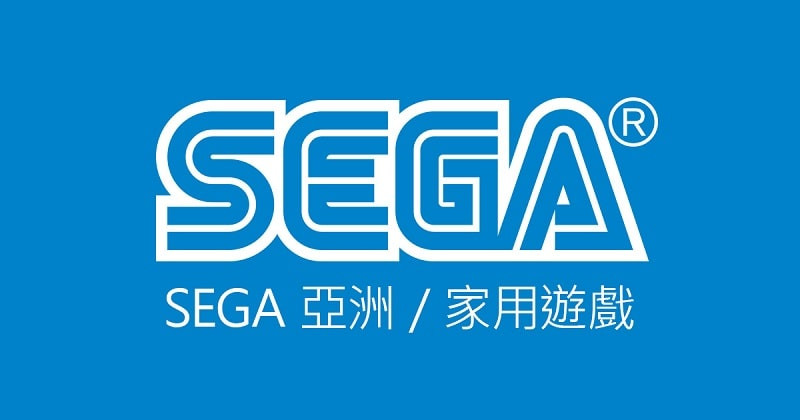- cross-posted to:
- [email protected]
- [email protected]
- cross-posted to:
- [email protected]
- [email protected]
Shuji Utsumi, Sega’s co-CEO, comments in a new statement that there is no point in implementing blockchain technology if it doesn’t make games ‘fun’.



I typed that right after I got home from a long hike, and i fell and hit my knee on the way back, so I was rather tired when I last replied to you.
The point being is that since some trust in a central authority is required, the central authority can handle verification. And because of the cryptographic signatures, the only way they could cheat would by ommitting transactions. Invalid transactions, either because its unsigned or because the numbers don’t add up, can be detected trivially. So if we just give all stakeholders a copy of the transaction, they’d be able to prove that the transaction has been ommitted.
I hope your knee is okay. :)
I’m more concerned about what happens when the central authority disappears. I think everyone has experienced a game being dropped by the studio, and if it’s an MMO or something, you could lose valuable items you’ve purchased even if third party servers exist.
Externalizing transactions means individual servers can decide which transactions (i.e. which central authorities they recognize). So if the game devs act poorly, the community can switch to another authority they prefer. It also gives devs less of a reason to discard transactions between version releases because the community would expect those transactions to remain valid (they are separate from the game after all).
So I think they are a lot of good ways it could be used to players’ benefit, but unfortunately it’s usually a gimmick or scam.
My knee is doing better now. Thanks for your concern.
Well, under my model, somebody else could take over for the central authority, as they just need the most recent version of the ledger. Since stakeholders of transactions are supposed to retain copies, that shouldn’t be too difficult.
The moment work needs to be done off chain, be that hosting servers or enforcing the law, the blockchain loses its one advantage. I suppose the best verification mechanism would be proof of identity, where key players are known and can’t get a new pseudonym.
And that could work, depending on how the ledger is implemented. It needs to be such that the dev can’t just “force push” and get away with it. As long as the public (meaning the playerbase) has a high confidence in the ledger being accurate and immutable, and the public can take over the ledger, I think it’s worth pursuing. Blockchain is one possible solution, and I’m sure there are plenty more.
Thing is, we don’t need to make fraud impossible, we just have to make sure that it is always detectable. We know who the devs are, and if we can prove when they abuse their authority, they can be sued and their reputation would be ruined. This should proof a sufficient deterrent, and allow damage to repaired through compensation.
Sure, and blockchain is one option to make the ledger public and trusted. There are lots of ways companies can go about it.
The important thing is to get companies to actually do it, and building on crypto hype is one possible avenue to reward companies for transparency. So I’m all for discussing ways for blockchain to fit in to gaming.